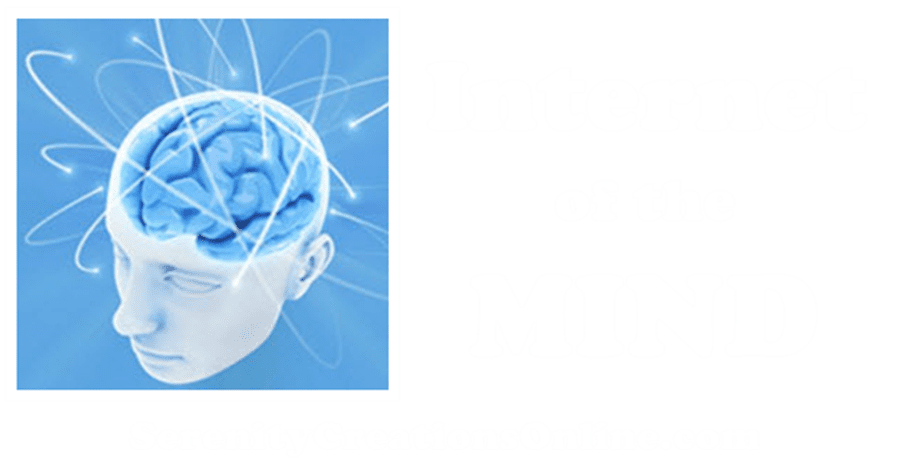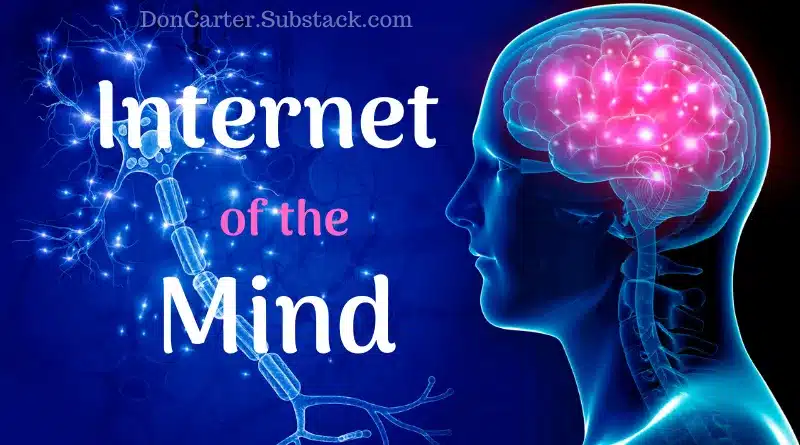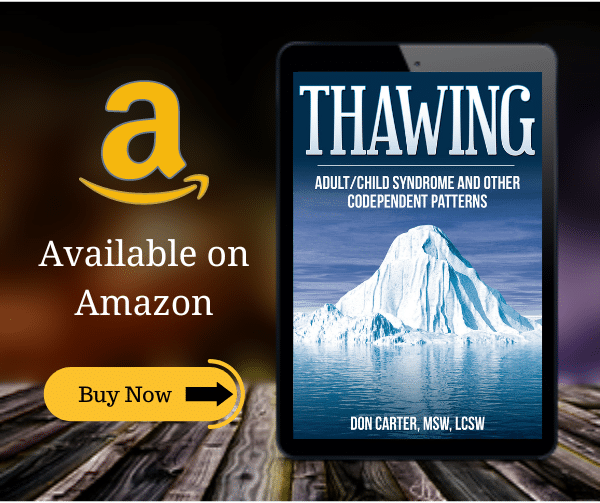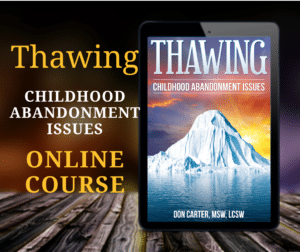
Define Motivation – Types and Theories
To define motivation requires a look at the types, tips, theories, and techniques of motivation. Motivation is a fascinating, necessary, and complex function of being human. Motivation has a direct bearing on your success because success and motivation are interconnected. Below are a few select principles of success to get you started quickly:
On Defining Motivation:
Motivation is a word used to refer to the reason or reasons for engaging in a particular behavior – especially human behavior. These reasons may include a drive, a need, a desire to achieve a goal, a state of being, or an ideal. In human beings, motivation involves both conscious and subconscious drives.
It’s my belief that we all have one ultimate motive in common. This motive drives everything we think, everything we feel, and everything we do – from the time we wake in the morning until we go to sleep at night.
I ultimately define motivation as simply our desires, efforts, and attempts to be as happy as possible. In this case, the term happiness does not necessarily refer to a feeling or emotion. Feelings come and go so it’s not realistic…or even desirable…to hope to remain exclusively in one emotional state. Rather, happiness is more like a core state-of-being that describes and contains other states of being such as contentment, satisfaction, fulfillment, completeness, and wholeness.
By “core state” I mean an underlying, foundational state that remains even in the midst of the storms of life. It’s the pursuit of this state-of-being that motivates us to think what we think…feel what we feel…and do what we do. We all have this same ultimate goal in common… and we are all doing the best we can with what we have to get as close to that ideal as possible.
Define Motivation – Pleasure & Pain Continuum
As our ultimate goal in life, the desire to be happy motivates us to make decisions based upon what will move us closer to the positive end of a continuum – pleasure. On the negative end of this continuum is pain – something we try very hard to stay away from.
Most of us do not like pain but it does have a very important role in our lives…to motivate us to do something different. So pain is a warning system that tells us when we are moving in the wrong direction – taking us further away from our ultimate goal.
Granted, we sometimes purposefully make decisions that we know are going to hurt -in the short-term anyway. But even these painful decisions are driven by the desire to be happy because we know in the long run we will gain from the short-term pain.
For example, deciding not to marry the person of our dreams until we finish college and get our finances in order may be painful in the short-term…but very rewarding in the long run. The decision may even play a part in whether the marriage succeeds or fails.
Define Motivation – Emotional Maturity
When we make decisions like the above we are said to be mature because we can delay gratification. There are other times we make decisions that don’t make us happy…such as when we act without hesitating long enough to think it through.

Buyer’s remorse is an example of an emotional consequence we suffer when we realize how buying on impulse is going to lead to our future unhappiness. When we don’t stop and think it through before we act we are said to have impulse control problems – a sign of emotional immaturity.
When immaturity persists into adulthood it suggests that some sort of developmental delay has taken place such as emotional arrest. These delays are usually the consequence of unmet emotional dependency needs in childhood.
We are born with a need for instant gratification (pleasure vs. pain)… it’s what motivates us early in life.
Some say a baby is the most powerful person in the family… when a baby needs something everyone knows it! When that baby first comes into a family EVERYONE’s life changes.
Babies and toddlers do not yet have the internal structures to control their own impulses. God gave them external structures – called parents – to help them gradually develop impulse control as they become more and more able to take care of themselves.
Impulse control is critical to the development of healthy motivation… Without it, we can suffer the consequences that cause us to get discouraged, lose motivation, and become apathetic and depressed.
Healthy and consistent limit-setting teaches impulse control. To be able to set healthy limits we must be healthy ourselves. If we are emotionally and psychologically healthy then we are equipped to meet the needs of ourselves and our children.
Emotional and psychological health begins with the parenting we received… especially during the first seven years of our lives. This is the Imprint Period of development. It’s when our original neural networks are being laid down.
To learn more about this crucial period in our lives read the following…





